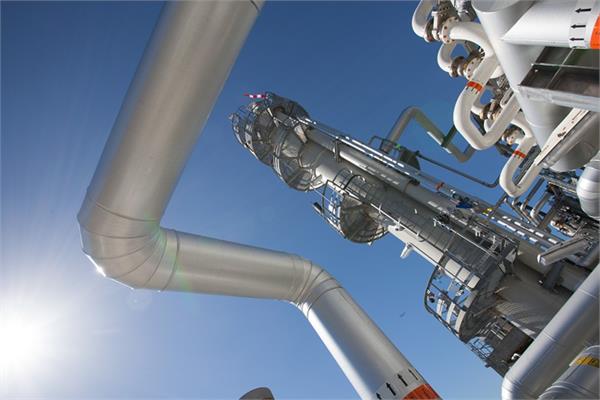
After setting sustainable targets for greenhouse gas emissions, Perstorp will also reduce the use of fresh water.
Perstorp has recently announced that it has added new corporate targets for water and waste to its sustainability strategy. Aiming to become Finite Material Neutral, the company will also operate to reduce the usage of raw materials, energy and catalysts. As a matter of fact, Perstorp already set its first 2030 targets for greenhouse gas emissions (using approved science-based targets) and (eco) toxic impact in 2021.
The new corporate targets, all measured using 2019 as the base year, are:
- 30% absolute reduction of freshwater consumption;
- 30% absolute reduction of hazardous waste directed to disposal;
- 30% absolute reduction of non-hazardous waste directed to disposal.
“Fresh water consumption and waste are two areas of big importance in reducing our environmental impact and working toward increased circularity. Fresh water scarcity is already a fact around the world, and we have a responsibility to reduce our consumption and utilise alternative water sources. We must also minimise waste generation and find new circular solutions of reusing and recycling the waste streams into new products, either ourselves or so that a third party can use them as raw material,” has declared Anna Berggren, the vice-president for sustainability at Perstorp. “We have set ambitious and absolute sustainability targets, that are to be achieved regardless of production growth. To be able to reach these targets we have several large projects planned that will contribute significantly.”
The production sites of Perstorp employ fresh water for several purposes, such as a carrier for products, as a solvent for chemical reactions or also as a cooling agent. In order to reduce its consumption, the company is planning to invest in wastewater purification and recycling projects and circular solutions. One of them is Project Air, in which captured carbon dioxide together with residue streams will serve as raw material for production of sustainable methanol that will replace all the virgin fossil methanol used by Perstorp in Europe.
“One of Perstorp’s strengths historically is our ability to find use of residue streams and turning them into new products. Developing circular solutions and turning waste into new business value is in line with our vision of being the sustainable solutions provider. While doing this we are tackling one of the great challenges of our industry – to reduce the negative impact on environment and society, while developing new sustainable solutions for our customers,” has concluded Jan Secher, the CEO of Perstorp.